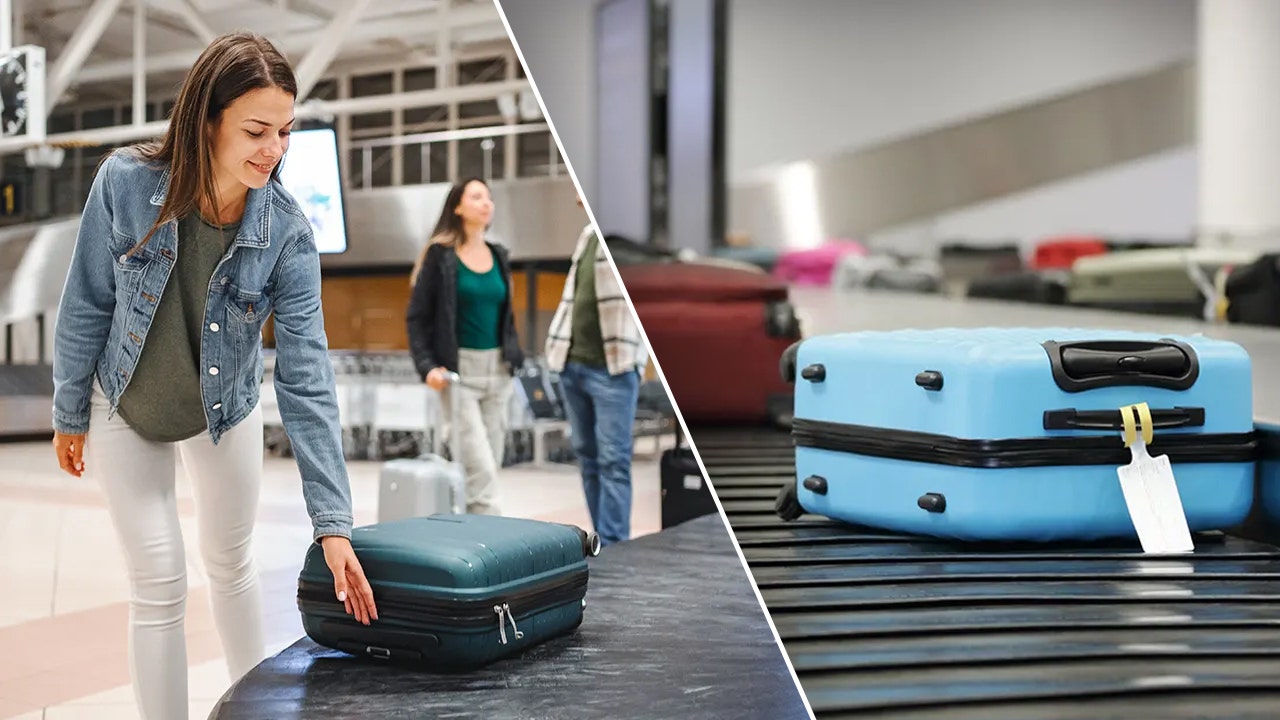Annual surveys aim to assess the homeless count in Collier County, providing an essential snapshot of a complex issue that affects many lives. On Friday, volunteers and outreach workers gathered at Sugden Regional Park to engage in a collaborative effort to understand and alleviate homelessness in the region.
Organized by the Southwest Florida Regional Coalition to End Homelessness, this event does more than tally the number of unhoused individuals. It is an opportunity to connect people with crucial resources, fostering a sense of community and support. “So today, we have people getting haircuts, healthcare, mental health services, and domestic violence assistance,” said Michael Overway, the coalition’s executive director, as he surveyed the bustling park filled with hope and human connection.
WATCH MAHMOUD BENNETT’S FULL REPORT HERE:
Measuring needs: Annual survey aims to assess homeless count in Collier County
The outreach efforts didn’t just stop there. Warrior Homes of Collier, a local organization dedicated to helping homeless veterans, was also present. Founder Dale Mullin emphasized the unique challenges facing veterans in need. While his team thoroughly searched the area, they only uncovered a few empty tents by midday. “We want to locate them and find them help, whatever their needs are, as every veteran has different requirements,” Mullin shared, reflecting on the intricate layers of individual experiences within the homeless community.
Not all veterans, however, are seeking shelter. “About 10% of the veteran population chooses to remain homeless,” Mullin stated. It’s a striking reminder that homelessness is not a one-size-fits-all situation but a tapestry of choices and circumstances that differ from person to person. For those who do wish for assistance, Mullin’s team remains vigilant, ready to offer support.
The coalition’s findings indicate shifting trends in homelessness, a narrative influenced by rising housing costs and a significant shortage of affordable rental options. “This year compared to last, we’ve seen a notable change in who is experiencing homelessness for the first time,” Overway remarked. The data revealed an alarming rise in the number of senior citizens and single parents facing the harsh realities of living on the streets, often resorting to sleeping in their cars—painful symbols of a society struggling with affordability.
Recent counts identified 660 homeless individuals in Collier County, including 96 veterans. These figures are likely to evolve as the coalition plans to release updated numbers from this year’s survey in March. Such statistics serve as more than mere numbers; they represent lives, stories, and challenges that deserve attention.
“It’s definitely a housing crisis,” Overway acknowledged, as he contemplated future strategies to address this pressing issue. “These survey counts help us gather a lot of that information.” It reflects a communal desire to not only account for those in need but to listen to their stories and implement solutions that resonate on a human level.
In the end, the survey in Collier County serves more than just an operational purpose; it symbolizes an ongoing struggle against homelessness—a struggle full of nuance, complexities, and a collective hope for a better tomorrow.





































